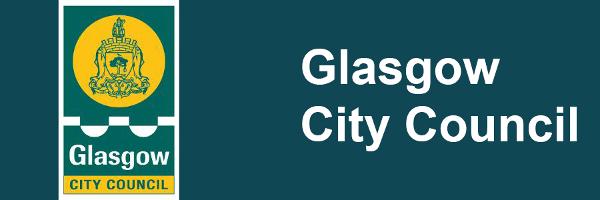Brexit
Introduction
On 23 June 2016, 51.9% of the participating UK electorate voted to leave the European Union.
On 29 March 2017, the UK Government invoked Article 50 of the Treaty on the European Union , a part of European Law which sets out the process by which members states may withdraw from the European Union.
The UK left the European Union on Friday 31st January 2020, and we are currently in a period of transition until the end of the year while the finer points of the deal are worked out by the UK Government.
This has resulted in a great deal of uncertainty and nervousness across the country and why Glasgow City Council needs to plan ahead and have contingency measures in place for a 'deal' or 'no deal' EU Exit and reduce the risk of unnecessary worry and rumours.
Our diverse workforce is vital to the services that we deliver to the citizens of Glasgow each and every day - we all play a significant role in the keeping the city moving.
The with-drawl of the UK from the European Union, known as Brexit, will bring some changes to the council and potentially the way we work in certain areas of the business which could lead to an impact on the delivery of council services - but the council has been planning, in conjunction with our partners and stakeholders, to reduce and mitigate any potential impacts ahead of any exit from the EU.
Updated Information Websites
The national primary public information channels are:
- MyGov Scotland - which contains a wide range of advice
- Prepare for Brexit - which focuses on guidance for businesses.
More detailed information on central planning, impacts and priorities is also being provided in regular Parliamentary updates for latest info.
On the 8 October 2019 the UK Government published the No Deal Readiness Report and can be accessed here
And the Scottish Government produced their No Deal Brexit preparations here
EU Nationals in Glasgow
Glasgow is Scotland's most diverse city. Around 180,000 EU nationals currently live in Scotland. Many have made Glasgow their home and live work and study in the city. If you are an EU National the following sources of information may be useful.
- the UK Government's website on the status of EU citizens in the UK. This includes information on the EU Settlement scheme which will be fully open by March 2019. You can also sign up to Home Office updates on this issue.
- On 29th May, the EU released their draft negotiation position on protecting citizens' rights.
- On 26th June, the Prime Minister set out the UK Government's proposals on the rights of EU citizens in the UK and UK citizens in the EU after the UK leaves the EU.
If you are looking for specialist immigration advice, you may find the following helpful:
- To find a private solicitor specialising in immigration, you can use the Law Society Scotland website LawScot.
You can find an immigration adviser registered with the Office of the Immigration Services Commissioner (OISC) which regulates immigration advice and services under the Immigration and Asylum Act 1999 through their website.
European Settlement Service
If you're a European Union (EU), European Economic Area (EEA) or Swiss citizen, you and your family can apply to get either settled or pre-settled status. This will mean you can continue living in the UK after 31 December 2020.
You have until 30 June 2021 to apply.
We are one of the local authorities supporting EU, EEA and Swiss citizens complete the ID verification part of the process.
More information European Settlement Service
Equality and Human Rights
The Equality and Human Rights Commission (EHRC) have published information on Brexit and equality and human rights in the UK:
https://www.equalityhumanrights.com/en/our-human-rights-work/what-does-brexit-mean-equality-and-human-rights-uk.
If you believe that you may have been discriminated against on the basis of your race, nationality or national origin the EHRC can also provide advice and guidance:
https://www.equalityhumanrights.com/en/contact-us/equality-advisory-and-support-service
Wider Impacts
As a Council we recognise that Brexit poses many significant challenges to Glasgow, Scotland and the EU.
In October 2016, we published Brexit and the Glasgow economy. This report produced jointly by Glasgow City Council, Glasgow Chamber of Commerce and the Glasgow Economic Leadership Board sets out the potential scale of the challenges facing Glasgow and Scotland following Brexit. It also sets out a number of asks for the Scottish and British Government to help address these challenges.
Related Content
Related Articles
Documents
- GPEG Impact report on EU Exit (PDF, 366 KB)(opens new window)
- COSLA brexit newsletter (PDF, 1 MB)(opens new window)
- January 2020 - Council Brexit Planning (PDF, 183 KB)(opens new window)




